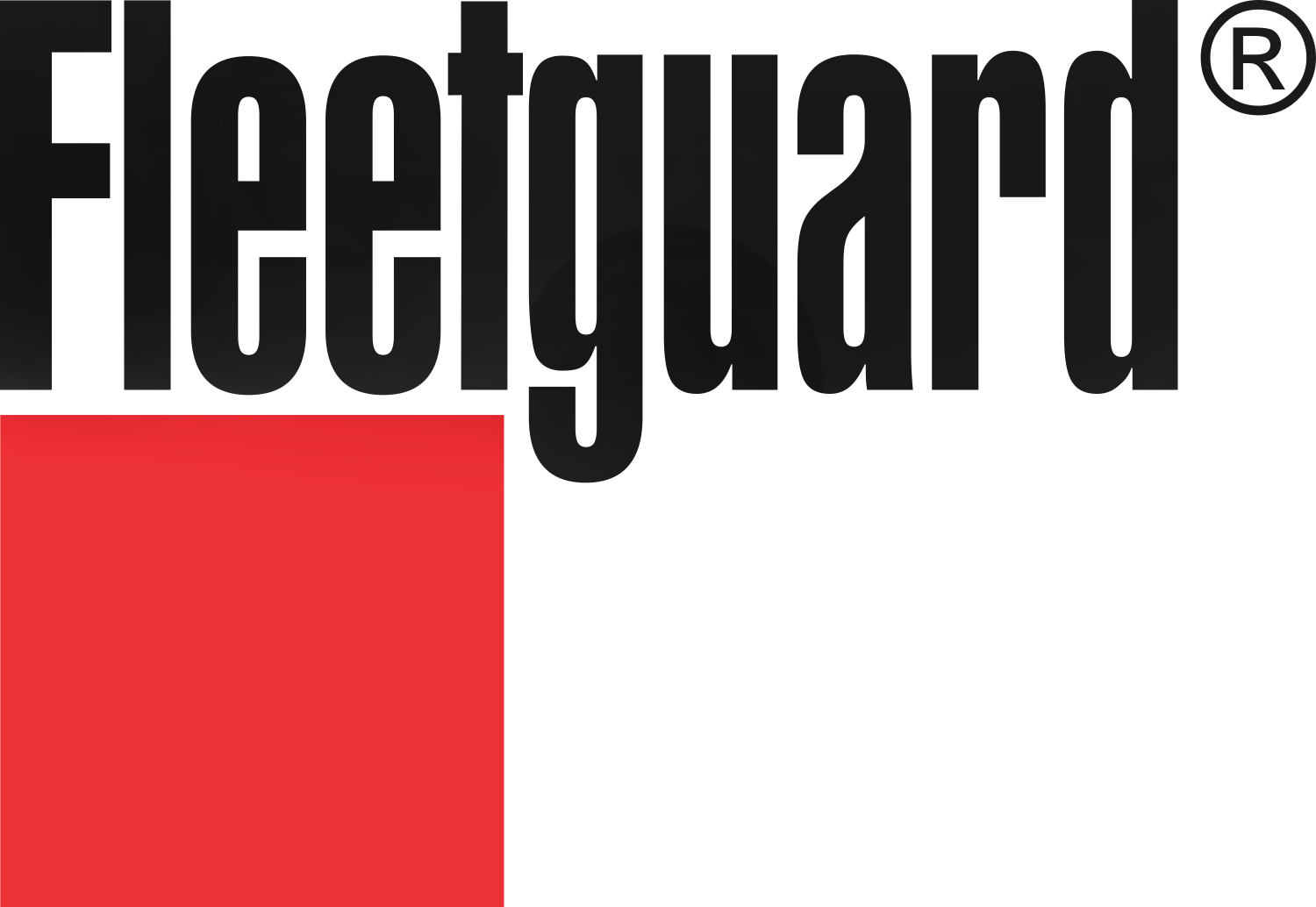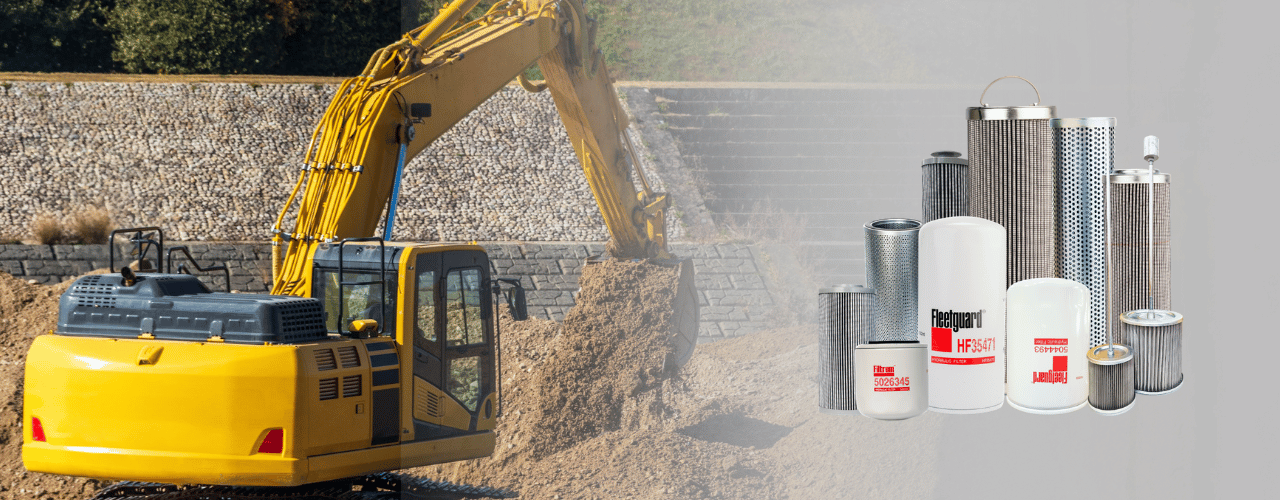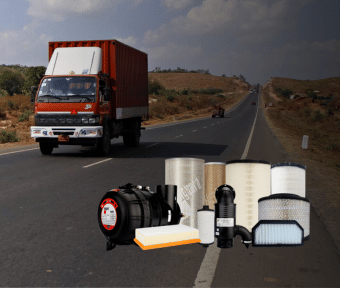Product | 05 Jun 2025
Maintaining diesel filters represents one of the most critical yet often overlooked aspects of fleet management. The performance, longevity, and efficiency of diesel engines depend significantly on the condition of their filtration systems. This comprehensive guide explores best practices for diesel filter maintenance specifically tailored for fleet owners seeking to optimize vehicle performance while minimizing operational costs.
Importance of Regular Diesel Filter Maintenance
Diesel filters serve as the primary defense mechanism against contaminants that can severely damage engine components. These filtration systems trap particles, water, and other impurities present in diesel fuel before they can reach parts sensitive for engine. When properly maintained, these filters ensure optimal fuel combustion, improved engine performance, and reduced emissions.
Regular filter maintenance becomes particularly crucial for fleets operating in dusty conditions, extreme temperatures, or areas with inconsistent fuel quality. Without proper attention to filtration systems, fleet owners risk facing diminished fuel efficiency, increased downtime, and costly repairs.
Equally important is ensuring the cleanliness of the fuel source itself. Modern fuel systems have been developed to reduce emissions and fuel consumption, and to improve engine performance. These high-pressure systems operate at pressures approaching 2100 bar (30,500 psi), with component match clearances typically from 2 to 5 microns for injectors. At such pressures, even very small, hard particles can cause malfunctions. Excessive contamination of diesel fuel can lead to premature clogging of filters and/or accelerated wear of critical fuel injection components. Depending on the nature of the contaminants, this can result in:
- Reduced component life
- System malfunctions
- Complete fuel system and engine failure.
Step-by-Step Guide to Inspection and Replacement
Inspection Protocol
A thorough inspection should begin with a visual examination of the filter housing for signs of leakage, cracks, or corrosion. The filter itself should be checked for discoloration, excessive contamination, or physical damage. Particular attention should be directed to seals and gaskets that prevent unfiltered fuel from bypassing the system.
Replacement Procedure
- Preparation: Ensure the engine has cooled completely before beginning work. Place appropriate containment materials beneath the work area to capture spilled fuel.
- Drainage: Locate and open the water separator drain valve to remove accumulated water and contaminants. Allow sufficient time for complete drainage.
- Filter Removal: Carefully loosen the filter housing and remove the old filter, noting its orientation and position of any specialized components.
- Housing Cleaning: Thoroughly clean the filter housing, removing any debris or residue that could compromise the new filter's performance.
- New Filter Installation: Apply a light coating of clean diesel fuel to the new filter's gasket before installation. Install following manufacturer-specific torque specifications to prevent over-tightening.
- System Priming: Prime the system according to vehicle specifications, ensuring all air is purged before attempting to start the engine.
- Verification: After installation, run the engine while checking for leaks, unusual sounds, or performance issues that might indicate improper installation.
Common Issues Faced by Fleet Operators Due to Neglected Filters
Fleet operators frequently encounter several identifiable problems stemming from inadequate filter maintenance. Hard starting conditions, particularly in cold weather, often indicate fuel crystallization issues exacerbated by compromised filtration. Intermittent power loss during operation typically suggests partial fuel blockage within the filtration system.
Black exhaust smoke signals incomplete combustion, while white smoke may indicate water contamination that has bypassed degraded filters. Both conditions reduce efficiency and potentially violate emissions standards. Increased fuel consumption without corresponding increases in operational demands frequently points to filtration issues forcing the engine to work harder. These situations create cascading logistical challenges, delayed deliveries, and compromised service reliability, all avoidable through proper maintenance protocols.
DIY vs Professional Servicing
Professional technicians bring specialized knowledge regarding manufacturer-specific systems and can identify interconnected issues that might escape detection during routine maintenance. They can also provide valuable guidance on maintenance intervals based on operational conditions specific to each fleet.
A balanced approach typically serves fleet owners best—handling routine maintenance in-house while establishing relationships with qualified service providers for more complex situations and emergency support.
Tips to Prolong Filter Life
Strategic operational practices can significantly extend filter service life.
- Using fuel from reputable sources reduces contaminant exposure, while maintaining appropriate fuel levels prevents condensation that leads to water contamination.
- Adhering to manufacturer-recommended idle times minimizes carbon buildup that can overwhelm filtration systems.
- Adapting maintenance schedules to operational conditions represents another critical strategy. Vehicles operating in extreme environments or under heavy loads require more frequent filter inspections than those in optimal conditions.
- Implementing fuel additives appropriate for seasonal conditions helps prevent filter-clogging fuel crystallization during cold weather.
Additionally, keeping the fuel supply clean is essential not only for engine efficiency but also to extend the service life of diesel filters. Contaminated fuel accelerates filter blockage and damages high-precision components in modern diesel engines.
Cost Implications of Poor Maintenance
The financial consequences of neglected filter maintenance manifest in multiple ways. Immediate costs include replacement parts, labor expenses, and vehicle downtime during repairs. Long-term implications involve accelerated engine wear requiring major repairs or premature replacement.
Conclusion
By implementing comprehensive inspection protocols, adhering to manufacturer-specified replacement procedures, and adopting preventive maintenance practices, fleet owners can significantly reduce operational costs while extending vehicle service life.
Fleetguard-Filtrum provides comprehensive filtration solutions designed specifically for diverse operational demands. Explore our range of specialized products that deliver superior protection against contaminants while optimizing fuel system performance. By partnering with us, you gain access to not only quality filtration products but also our expertise that supports long-term operational excellence.








